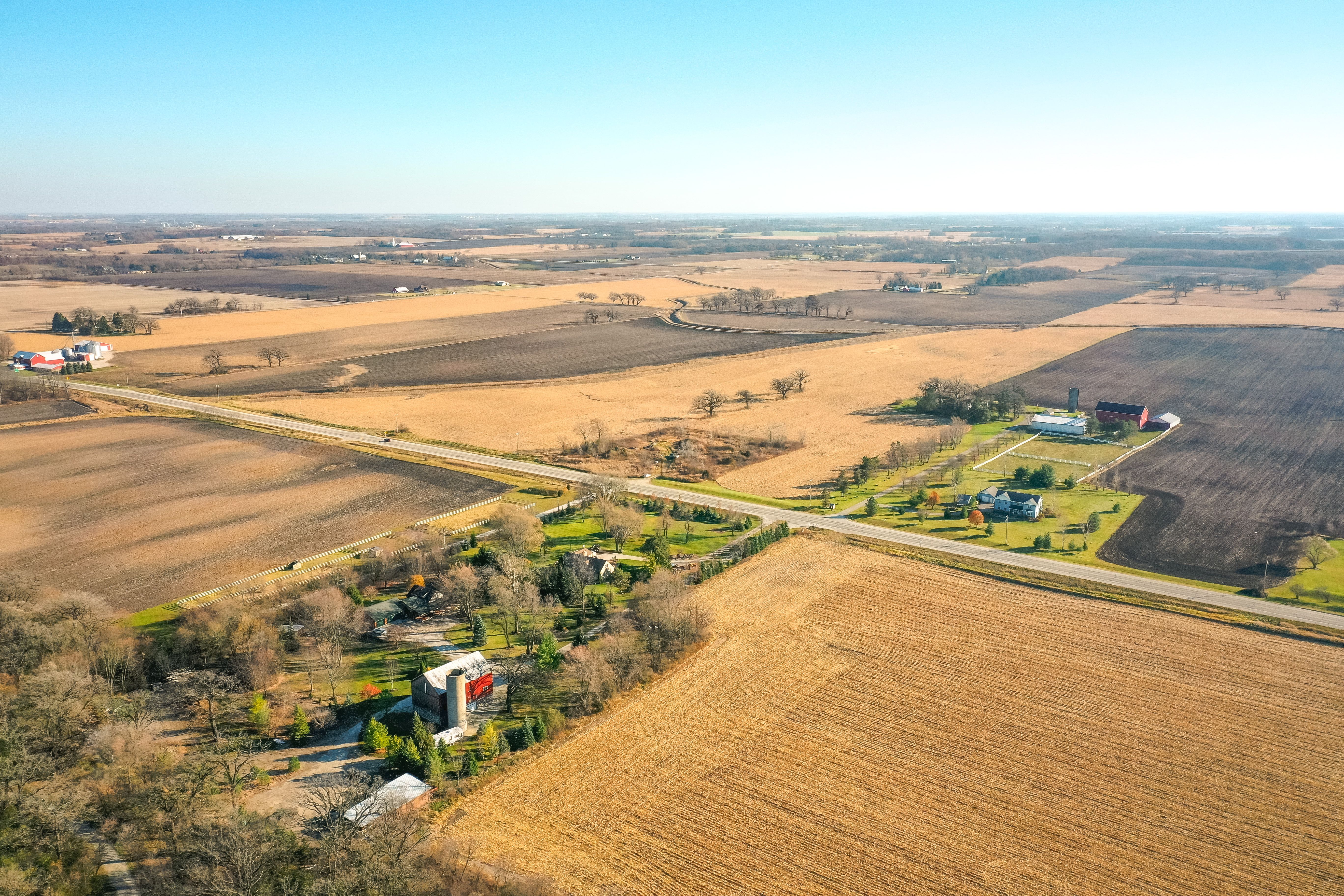Medicare Advantage plans are hurting rural hospitals: Report
Rural facilities are struggling to stay afloat and MA plans are making it harder, according to an analysis from the American Hospital Association.
Rural hospitals across the country are facing severe financial difficulties, and Medicare Advantage plans are exacerbating those challenges, according to an analysis released by the American Hospital Association.
Rural hospitals are seeing lower reimbursements from Medicare Advantage plans, and that's adding to their financial pressures, a new American Hospital Association report says.

Medicare Advantage plans are providing less in reimbursements to rural hospitals than traditional Medicare, the report stated. Rural hospitals are also seeing increased demands and headaches involving prior authorization of treatment from Medicare Advantage programs, according to the report, which was released Thursday.
Hospitals have denounced the rise in claim denials from Medicare Advantage plans. In a separate report last September, the hospital association said Medicare Advantage denials rose 55.7% percent from 2022 to 2023.
Medicare Advantage programs continue to grow in appeal to consumers. More than 33 million Americans - representing more than half of those enrolled in Medicare - participate in MA plans, according to AHIP. Insurers say the plans help Americans get more services at better costs. MA plans are becoming increasingly popular in rural America, the report notes.
Rick Pollack, president and CEO of the American Hospital Association, cited the growing popularity of MA plans and said that the plans must work “for patients and the providers who care for them.”
“It is critical for policymakers to address the harmful impact of Medicare Advantage’s low reimbursements and excessive administrative burdens to help ensure rural hospitals can continue to provide care to their patients and communities,” Pollack said.
Many rural hospitals are in the red, with studies suggesting that half of all rural hospitals are losing money. More than 400 rural hospitals are at high financial risk, the association said, citing Dobson DaVanzo & Associates, LLC. Since 2010, more than 130 rural hospitals have closed, the American Hospital Association says.
Rural hospitals receive about 10% less in reimbursements from Medicare Advantage plans than traditional Medicare, the new AHA report states. Hospitals say that traditional Medicare plans don’t cover the full cost of the care they provide, but Medicare Advantage programs pay even less to rural hospitals, according to the report.
Medicare Advantage patients in rural hospitals also see greater delays in getting discharged to post-acute facilities, according to the report. Patients in Medicare Advantage plans stay in rural hospitals about 10% longer than those using traditional Medicare, due to delays in placements.
Over the past five years, about four in five rural clinicians say they’re seeing more administrative tasks tied to Medicare Advantage plans, including prior authorizations, and 86% say those added demands are hurting patients, the report stated. And the report cites a 24% increase in prior authorization requests from 2019 to 2023.
Medicare Advantage plans are gaining more customers in rural communities, and rural hospitals are seeing greater spikes in MA patients staying in their facilities.
More than one in five rural hospitals (22%) had more inpatient days with Medicare Advantage patients than those with traditional Medicare in 2023. Five years earlier, only 1.7% of rural hospitals had more MA inpatient days than traditional Medicare.
From 2018 to 2023, rural hospitals experienced a 105.7% increase in Medicare Advantage inpatient days, outpacing the 52% increase in other hospitals, the report said.
The American Hospital Association is pushing to streamline the prior authorization requirements in Medicare Advantage plans to speed up approvals. Hospitals are also seeking more transparency in the number of delays and denials.
Hospitals and health systems have been pushing Congress to pass legislation to revamp prior authorization, and those bills have drawn bipartisan support, but they’ve fallen short of passage.
Robert F. Kennedy Jr., the new secretary of the Department of Health & Human Services, has spoken favorably of Medicare Advantage plans. At a Senate Finance Committee hearing last month on his bid for confirmation, Kennedy said, “I think more people would rather be on Medicare Advantage, because it offers very good services.”
Dr. Soumi Saha, senior vice president of government affairs at Premier, Inc., talked about the problems of claim denials at the ViVE digital health conference this week. Kennedy and Mehmet Oz, the nominee to lead the Centers for Medicare & Medicaid Services, are both supportive of Medicare Advantage plans, she said.
But she also sees growing pressure in Washington on Medicare Advantage plans when it comes to denials and prior authorization.
“While we're going to still see policy that's in favor of MA and move the needle that way, I think we're going to start seeing more policymaking that starts holding plans accountable,” Saha said.
Republicans and Democrats in Congress seem to be paying more attention to the plight of rural hospitals. At Kennedy's hearing last month, Sen. John Barrasso, a Wyoming Republican and a doctor, said some rural hospitals in his state are at risk of closing and have reduced services. Barrasso also implored Kennedy to focus on rural hospitals.
Kennedy said it would be a priority, acknowledging, "Rural hospitals are closing at an extraordinary rate right now."
Healthcare leaders: Prepare for a very different HIPAA security rule | Viewpoint
April 20th 2025The proposed changes to the HIPAA Security Rule are significant. Executives and boards need to prepare as the days of voluntary compliance end and a new era where leaders are held personally accountable emerges.